Nielsen says 15.8 million watched first Democratic debate
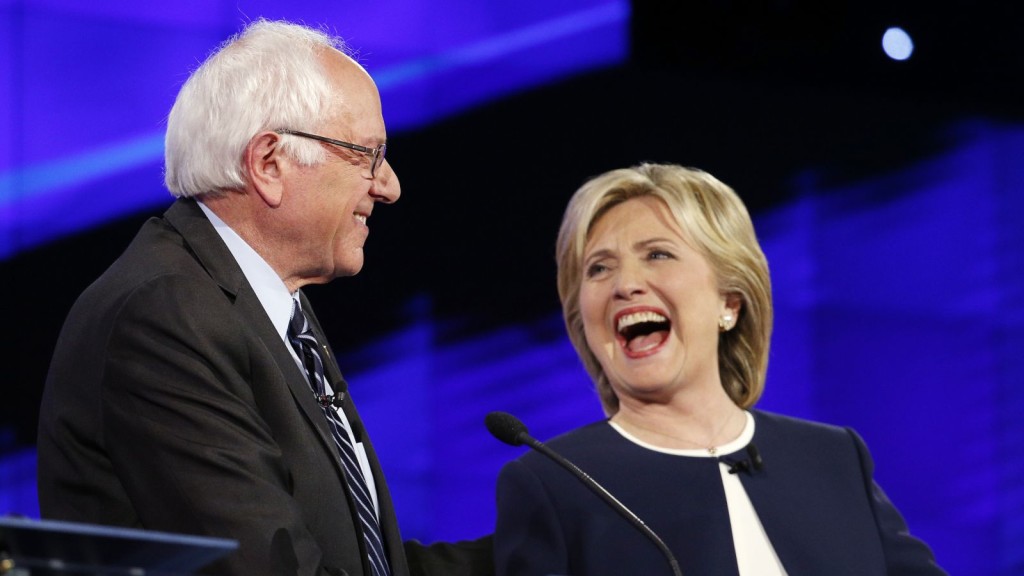
They aren’t quite Trump numbers, but the 15.8 million people who watched the Democratic presidential debate on CNN was still the biggest TV audience ever for a Democratic debate. The Nielsen company said Tuesday’s debate audience exceeded the 10.7 million people who watched Hillary Rodham Clinton and Barack Obama debate on ABC in April 2008. Buoyed by the television-friendly candidacy of Donald Trump, the two Republican presidential debates were record-setters. The first debate, on Fox News Channel in August, was seen by 24 million viewers and the second, on CNN last month, had 23.1 million viewers. CNN also showed the Democratic debate online, with usage peaking at 980,000 concurrent streams. The point in the debate where Bernie Sanders said he’d had enough of talk about Clinton’s emails was the most-watched moment for DVR users who rewound to see it over, according to the digital video recorder maker TiVo. Besides Trump, one clue to the lower ratings for Democrats may be the audience composition. The research firm Samba TV noted that 48 percent of the people who watched the Democratic debate said they’d seen at least one of the Republican candidates’ forums. Meanwhile, only 21 percent of the Republican debate audience tuned in to watch the Democrats, the company said. The debate also stacks up well compared to television entertainment. The Democrats drew more viewers on CNN Tuesday than a number of popular shows, including last week’s episodes of “Empire,” ”The Voice” and “The Walking Dead.” Republished with permission of the Associated Press.
Robert Bentley calls license office closures a funding problem
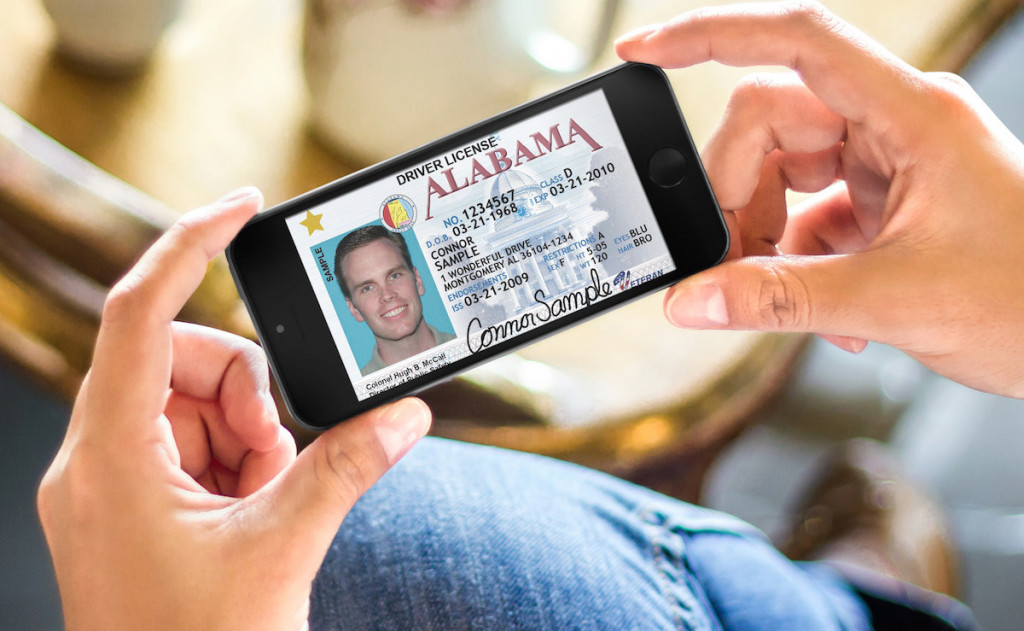
Gov. Robert Bentley on Wednesday said it’s up to lawmakers to come up with funding to reopen 31 rural driver’s license offices that were shuttered this fiscal year. “I do feel sorry for the rural areas. I do feel sorry for those who have to drive distances to get a driver’s license but the Legislature chose this. They chose not to fund these agencies,” Bentley said Wednesday. The governor said he is in discussions with lawmakers about how to reopen the offices, at least some of the time, but so far nothing has been finalized. The closures have become the latest point of contention between legislators and the governor. Bentley argued that lawmakers caused the closures when they rejected tax increases. Lawmakers have questioned the need for the closures, saying the state is saving little money while creating a hardship for people in rural, poverty-stricken areas of the state. The Alabama Law Enforcement Agency last month announced the closures of the satellite offices – where a state examiner would typically give driving tests one or two days a week – because of budget cuts. House Ways and Means General Fund Chairman Steve Clouse said Bentley had discussed using money from the governor’s emergency fund to reopen the offices until February and then asking lawmakers to approve a supplemental appropriation, or tax, when they return in February for the 2016 legislative session. Bentley said he, “talked about that, but we may not do it that way.” “There are different ways we could do this, but it still comes down to a funding issue. If the Legislature wants to do their job and fund these offices then they are going to have to come up with some money. It’s really up to them,” Bentley said. However, Clouse said he was unsure where additional state dollars would come from for ALEA. “The money is just not there,” Clouse, R-Ozark, said State agencies last week announced the closure of state parks, license offices and National Guard Armories because of funding reductions in the fiscal year that began Oct. 1. Shuttering the license offices has created the greatest backlash. U.S. Rep. Terri Sewell asked the Department of Justice to investigate the impact on minorities since Alabama requires a photo identification to vote. Black lawmakers held a news conference with the Rev. Jesse Jackson last week criticizing the closures as an added burden on poor, rural families who already struggle with transportation. The offices were largely located in county-owned buildings and a state examiner would travel to the offices to give driving tests typically one day a week. An ALEA spokeswoman said last week that the department was on track to spend $100,000 on travel to staff the offices. ALEA Secretary Spencer Collier has called the closures a business decision to allocate existing staff to the state’s 44 fulltime offices that serve a much higher number of people each week. The 31 locations in 2014 collectively issued 5,000 learners permits, 3,149 driver’s licenses and gave 10,587 permit exams, according to numbers from ALEA. Bentley said one of the possibilities under discussion was to have the rural offices open twice a month, instead of once a week. Republished with permission of the Associated Press.
Prospective speakers multiply in House as all wait on Paul Ryan
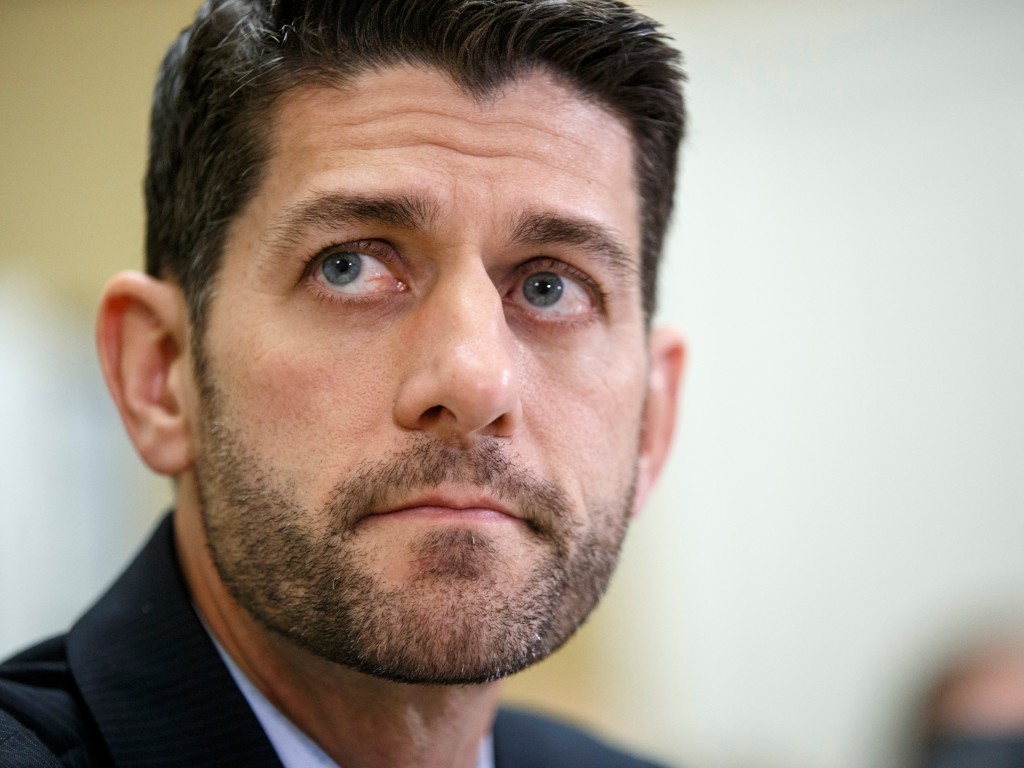
Every day another Republican lawmaker seems to wake up and decide that he – and in at least one case, she – might make a pretty good speaker of the House. The profusion of potential candidates, now approaching double digits, is happening even with all attention focused on Wisconsin Rep. Paul Ryan, the former GOP vice presidential nominee widely seen as the best person for the job. Ryan, who has made clear he does not want to be speaker, is home in Janesville, Wisconsin, thinking it over anyway under pressure from top party leaders. And with Congress out of session for a weeklong recess, Capitol Hill has fallen quiet after a series of wild days during which Speaker John Boehner shocked the House by announcing his planned resignation, and Boehner’s heir apparent, Majority Leader Kevin McCarthy, abruptly took himself out of the running. The stunning developments left a leadership vacuum at the pinnacle of Congress. Now into it are stepping a growing number of Republican lawmakers from around the country, some relative newcomers, others with experience to point to, united by a chance to lunge at the once-in-a-lifetime opportunity to become speaker of the U.S. House, second-in-line to the presidency. Why any of them would want a job that defeated the current occupant and scared off his No. 2 is another question. The daunting rift between establishment-minded lawmakers and the hard-line conservatives who pushed Boehner to the exits shows no sign of dissipating, and threatens to complicate life for whoever next occupies the speaker’s chair. Congress also faces a series of formidable tasks over the next several months, including increasing the federal borrowing limit to avoid a default and paying the government’s bills to stave off a shutdown. Nevertheless, the wannabe speakers are multiplying. “I am humbled to have my name mentioned as a potential candidate, and I am considering the pursuit of the speakership in response to those requests,” Rep. Bill Flores, R-Texas, wrote in a letter to fellow House members Wednesday. “If we all spend enough time on our knees praying for each other, we can heal our divisions and truly work together to restore America to the ‘Shining City on a Hill’ that President Reagan challenged us to become.” Rep. Mike Pompeo, R-Kansas, released a statement observing: “I know every member of the House is looking for the right person. If I can serve the American people and the conservative movement in any way, sign me up. However, a couple weeks ago I was floated as a presidential candidate, so I might be pretty busy.” And a freshman congressman from Montana, Ryan Zinke, got into the action. “We’re looking at it. Our phones are ringing off the hook because I think America wants something different,” Zinke said. “I haven’t decided, but what I have decided is that Congress better do our duty and defend our values of this country.” Several of the lawmakers sought to make clear that they were being urged by their fellow Republicans to run for speaker; not doing so out of their own ambitions. And several also took pains to make clear that they would run only if Ryan does not. “We are all hopeful that Paul is going to say that he would appreciate the opportunity to serve as speaker,” said Rep. Marsha Blackburn of Tennessee, adding that she’s been encouraged by colleagues to look at the job. “It is going to take a listening ear and a steady head to walk our conference through some of these issues,” she said. Others who’ve suggested their interest in the speakership, or contacted fellow lawmakers to sound them out, include GOP Reps. Michael McCaul and Michael Conaway of Texas, Lynn Westmoreland of Georgia, and Darrell Issa of California. Reps. Daniel Webster of Florida and Jason Chaffetz of Utah were running against McCarthy before he dropped out, and remain in the race. Still others, such as Rep. Matt Salmon of Arizona, have seen their names pushed by outside groups seeking new leadership for the House GOP. “These are all really, really, good people, and I think if they could convince the conference that they would run the conference in a way that’s more member-oriented, many of them could be good speakers,” GOP Rep. Mick Mulvaney of South Carolina, a founding member of the hard-line House Freedom Caucus, said in an interview after several potential candidates contacted him to gauge support. Although Ryan would be the prohibitive favorite for the job if he does seek it, Mulvaney and others disputed arguments that he’s the only one who could unite the House GOP. Ryan, an expert on budgetary matters who chairs the tax-writing Ways and Means Committee chairman, is already drawing criticism from some on the right for his support for comprehensive immigration legislation and government bailouts. “I like him and I respect him, and I think there are a number of directions he might take us that I don’t want to go, and immigration is one of those,” said Rep. Steve King, R-Iowa. “I don’t think he would be one who would transform (the House) and turn it into a membership-driven organization and I think this is our one chance to do that.” Republished with permission of the Associated Press.
Walter Energy laying off 129 workers at Alabama coal mine

About 130 people are losing their jobs at a coal mine west of Birmingham. Walter Energy is laying off 129 workers at Jim Walters Resources No. 4 mine in Brookwood. Company spokesman Bill Stanhouse says the layoffs take effect Wednesday night. Stanhouse says the job cuts are a result of conditions in the coal market. The mine is operating at reduced production levels. Walter Energy filed for bankruptcy in July and laid off nearly 200 people at a mine in Tuscaloosa County. The latest job cuts were announced the same day former miners rallied in Brookwood in a demonstration to keep their health benefits and pensions. Republished with permission of the Associated Press.
Email Insights: Alabama GOP Chairman Terry Lathan responds to the Democratic debate
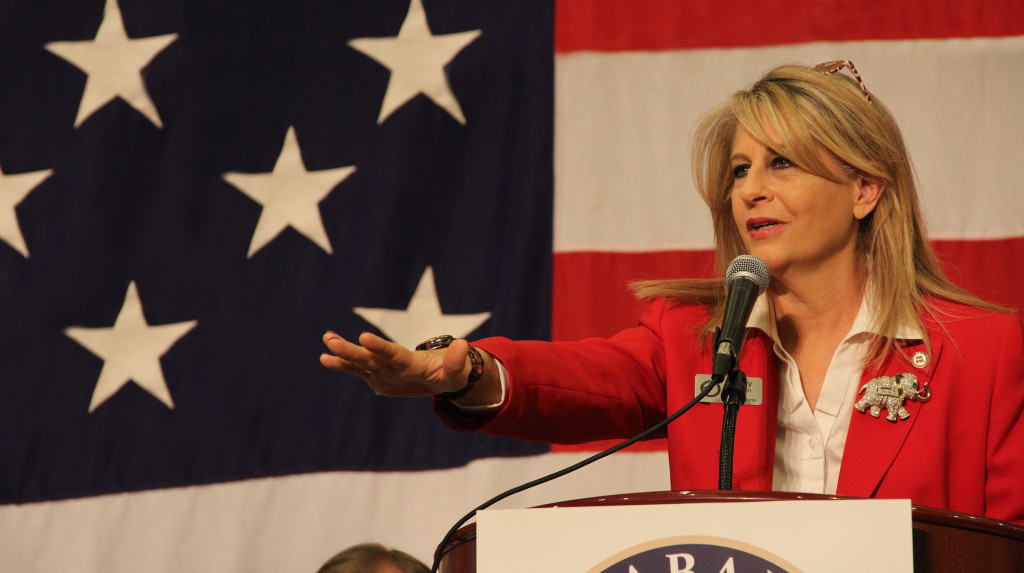
Tuesday night the the Democratic presidential hopeful took the stage for their first nationally televised debate. Hosted by CNN in Las Vegas, the debate — featuring Lincoln Chafee, Hillary Clinton, Martin O’Malley, Bernie Sanders and Jim Webb — gave the candidates an opportunity to stand out, share their opinions on major issues, and with any luck increase their poll numbers. Wednesday morning, Alabama Republican Party chairman Terry Lathan sent the following email in response to the debate: “I was pleased to see the liberal and progressive Democrat candidates on display yesterday evening for all of America to witness. The candidates’ mindsets, thoughts and words were divisive and harmful to our nation. They did not speak on the economy or the flat-lined job growth that citizens desperately need addressed. Contrasted with the Republican presidential candidates, many of whom have released or are soon to release their economic growth plans, the Democrats are stuck in the ditch of no ideas, are playing the blame game and have a bankrupt vision for our nation. “Barack Obama said he would fundamentally transform America, and he did just that. Unfortunately, he has taken us down a road that is destructive and harmful. The Democrats displayed in last evening’s debate that they are walking along that same path. “We look forward to November 2016, when we will take our nation back from the lines of thoughtless and reckless actions that have been thrust upon us.”
Scorecard: How the Democrats fared in their 1st debate
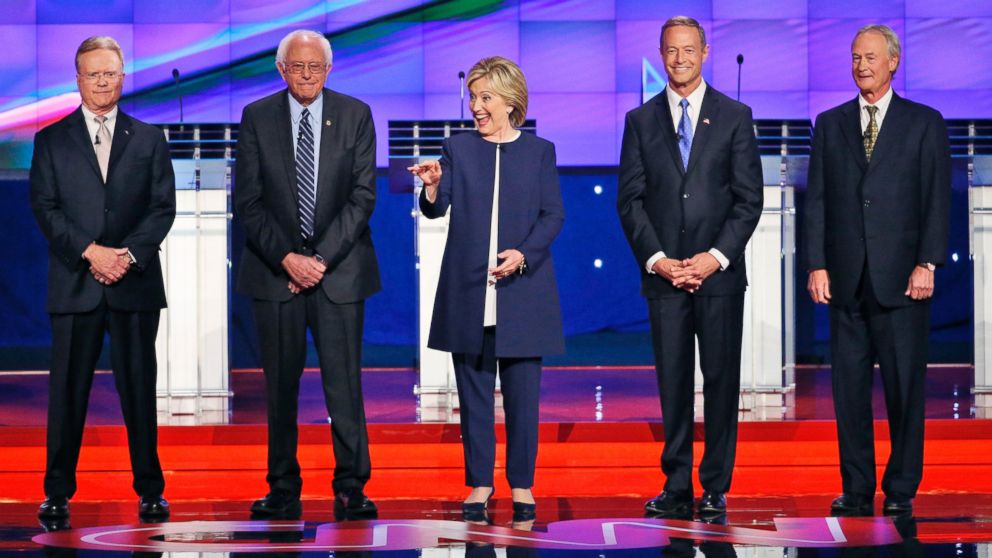
Here’s a look at how the five Democratic presidential candidates performed in Tuesday’s debate at the Wynn Las Vegas resort-casino. — HILLARY RODHAM CLINTON Standing center stage, Clinton went on offense against Bernie Sanders over his views of the economy and record on gun control. She had to defend her shifting views of the Keystone XL oil pipeline and the Trans-Pacific Partnership. But questions about her private email server ended with a shared laugh with Sanders. — BERNIE SANDERS Sanders had to answer for his record on gun control, perhaps the one policy area where he’s at odds with liberals in the party. He faced questions about his electability and his approach to the economy. But he gave Clinton a big reprieve when he groused that the “American people are sick and tired of hearing about your damn emails.” — MARTIN O’MALLEY O’Malley introduced himself as a can-do former governor, pointing to his work to raise the minimum wage, support gay marriage and address gun control in Maryland. He faced questions about whether his policies as Baltimore’s mayor had sown the seeds of the city’s riots last spring. And when he told Clinton a no-fly zone in Syria would be a mistake, she said she was “very pleased” when he endorsed her presidential campaign in 2008. — JIM WEBB The former Virginia senator tried to tap into the anti-establishment fervor in the country, speaking out against the role of money in politics and Wall Street’s influence. He said his military experience and work in the Pentagon would make him the most qualified commander-in-chief. He complained that he didn’t get the same amount of time to talk as his rivals. — LINCOLN CHAFEE The former Rhode Island governor and senator called himself a “block of granite” when it came to issues and said he was most proud of his judgment, particularly in his vote against the Iraq war. But he clocked in at slightly more than 9 minutes, giving him the least amount of airtime on the debate stage, and was largely an afterthought during the evening. Republished with permission of the Associated Press.
Jeb Bush says he won’t give Hillary Clinton a pass on emails
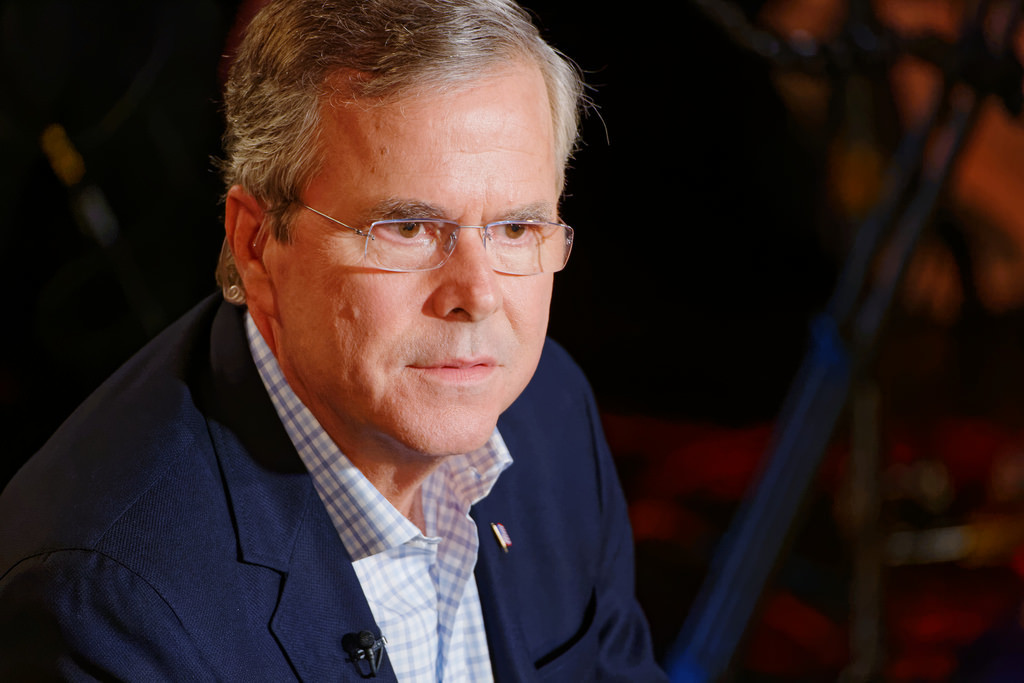
One of the biggest moments of Tuesday night’s Democratic presidential debate was when Bernie Sanders had the opportunity to attack Hillary Clinton regarding the growing controversy regarding her private email server account while serving as Secretary of State and chose not to exploit the moment. Jeb Bush said this morning that given the opportunity, he won’t hesitate to attack. “I would have taken her to task for that, and if she wins the nomination and I win the nomination, trust me, this is not going to end.” Bush said early Wednesday on Fox & Friends. Meanwhile, the Bush campaign is celebrating the announcement that he will be endorsed later on Wednesday in New Hampshire by Chuck Morse, the Senate President in the New Hampshire legislature. “Washington is broken and we need to send a proven leader with a strong, conservative track record there to turn entrenched government upside down and make it work for Americans again. Jeb Bush has that track record and he needs to be our next President,” Morse said in a statement issued out Wednesday morning by the Bush campaign. “In a field of good candidates, Jeb Bush clearly stands out. Jeb’s never been part of the DC culture and he will take on the special interests and and bring fiscal sanity to Washington. We’re never going to fix the problems down there by electing people who’ve helped create the problems or someone who has proven incapable of fixing it. I know Jeb’s done it before in Florida and know he’ll do it again as President.” “Senator Morse has spent years fighting for Granite State families, working to lower taxes and reduce regulations that make it harder for us to grow the economy and give people the opportunities they deserve. He is one of the hardest working elected officials in New Hampshire and I’m proud to add him to our growing team in the state,” Bush said. Morse will be joining the Bush campaign as New Hampshire co-chair.


